Live Nation Faces DOJ Lawsuit: Did They Coerce Artists Using Venue Power?
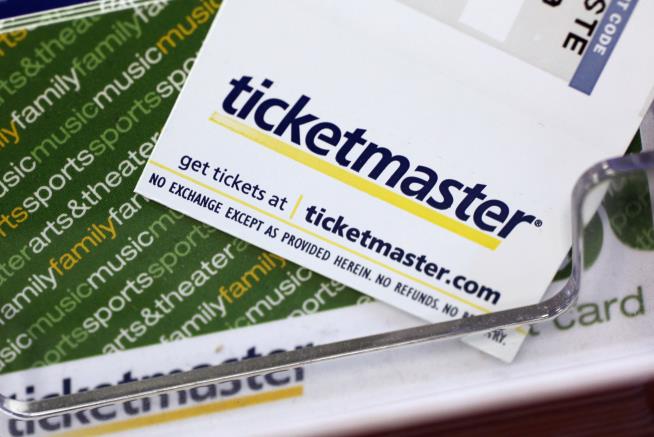
Table of Contents
The Department of Justice's Allegations Against Live Nation
The core of the DOJ's case against Live Nation centers on allegations of anti-competitive behavior, specifically how the company’s dominance in venue ownership has allegedly coerced artists into using its affiliated ticketing services, Ticketmaster, and other ancillary services. The DOJ argues this constitutes a violation of antitrust laws, claiming Live Nation leveraged its market power to stifle competition and harm artists.
- Specific examples cited by the DOJ: The lawsuit cites instances where artists were allegedly pressured to use Ticketmaster, even when offered more favorable terms by competing ticketing platforms. These allegations involve contracts that effectively tied venue access to the use of Live Nation's services.
- Legal arguments: The DOJ's legal strategy rests on proving Live Nation engaged in anti-competitive practices, creating an unfair market advantage and harming both artists and consumers. They likely argue that this behavior restricts competition and limits artists' ability to negotiate favorable deals independently.
- Potential penalties: If found guilty, Live Nation faces significant penalties, including substantial fines, structural changes (like divestment of assets), and potentially even criminal charges. The severity of the penalties will depend on the court's findings.
Live Nation's Response and Defense Strategies
Live Nation has vehemently denied the DOJ’s allegations, asserting that its practices are fair and competitive. In official statements, Live Nation representatives have emphasized the value and efficiency of its integrated services, claiming these benefit both artists and fans.
- Key points of Live Nation's counter-arguments: Live Nation likely argues that its size and market share are a result of offering superior services and that artists choose their services voluntarily. They may argue that the agreements are mutually beneficial contracts freely negotiated by parties with equal bargaining power.
- Evidence presented by Live Nation: Their defense will likely involve presenting evidence to show that artists have other options and are not coerced into using their services. This could include contract details, artist testimonials, and market data demonstrating competition.
- Statements from Live Nation executives: Public statements from Live Nation executives will be crucial in shaping public perception and influencing the court's decision.
The Impact on Artists and the Music Industry
The implications of the Live Nation DOJ lawsuit extend far beyond the legal battle itself. If the DOJ's allegations are proven true, the consequences for artists could be significant.
- Examples of artists potentially affected: While the lawsuit doesn't name specific artists, numerous independent and emerging artists could have been disproportionately affected by alleged pressure to use Live Nation services. Larger artists may have had more leverage to negotiate.
- Potential for increased ticket prices and reduced artist compensation: The DOJ's case suggests that Live Nation's alleged practices could lead to inflated ticket prices, reduced artist compensation, and a less competitive environment overall.
- Long-term effects on diversity and innovation: A less competitive market could stifle innovation and reduce the diversity of artists and musical genres represented, ultimately harming the entire music ecosystem.
Previous Antitrust Concerns Regarding Live Nation
This isn't the first time Live Nation has faced antitrust scrutiny. The company's merger with Ticketmaster in 2010 raised significant concerns, leading to government oversight and ongoing debate about its market power.
- Timeline of previous controversies: Past investigations and settlements related to ticketing practices and potential monopolistic behavior provide context for the current lawsuit, highlighting a pattern of concern regarding Live Nation’s market dominance.
- Outcomes of past investigations: The outcomes of these past investigations will be crucial in evaluating the current allegations, demonstrating a pattern of behavior or successful past defenses.
- Relevance to the current DOJ lawsuit: Past investigations and their resolutions directly inform the current legal battle, providing historical data and context relevant to the judge and jury's understanding.
The Role of Ticketmaster (A subsidiary of Live Nation)
Ticketmaster's role is central to the allegations. The DOJ contends that Live Nation leveraged its control over venues to pressure artists into using Ticketmaster, thereby limiting competition in the ticketing market and potentially inflating ticket prices for consumers. This alleged practice underscores the interconnectedness of Live Nation's various business units and the potential for abuse of market power.
Conclusion: Understanding the Live Nation DOJ Lawsuit's Implications
The Live Nation DOJ lawsuit represents a critical juncture for the music industry. The allegations of artist coercion, if proven, could reshape the landscape of music promotion, distribution, and pricing. The outcome will have far-reaching consequences for artists' ability to negotiate fair contracts, the overall competitiveness of the market, and the final cost borne by music fans. This case highlights the ongoing debate surrounding market dominance, artist rights, and the need for fair competition within the music industry. Stay informed about the developments in the Live Nation DOJ lawsuit and its consequences. Further research into keywords like "Live Nation antitrust," "artist rights," "ticket pricing," and "music industry competition" will provide a more comprehensive understanding of this crucial issue.

Featured Posts
-
 Paraeducator Award Presented By The Zoellner Family
May 29, 2025
Paraeducator Award Presented By The Zoellner Family
May 29, 2025 -
 Stranger Things 5 Release Date Speculation Cast Updates And Potential Episode Titles
May 29, 2025
Stranger Things 5 Release Date Speculation Cast Updates And Potential Episode Titles
May 29, 2025 -
 Altfawl Alardny Hyal Atfaqyat Almyah Me Swrya Waqeyt Altwqeat Walyat Altnfydh
May 29, 2025
Altfawl Alardny Hyal Atfaqyat Almyah Me Swrya Waqeyt Altwqeat Walyat Altnfydh
May 29, 2025 -
 New Horror Film Bring Her Back Exclusive Image Hints At Terrifying Story
May 29, 2025
New Horror Film Bring Her Back Exclusive Image Hints At Terrifying Story
May 29, 2025 -
 Analyzing The Lyrics And Odds Netherlands Eurovision 2025 Song C Est La Vie
May 29, 2025
Analyzing The Lyrics And Odds Netherlands Eurovision 2025 Song C Est La Vie
May 29, 2025
Latest Posts
-
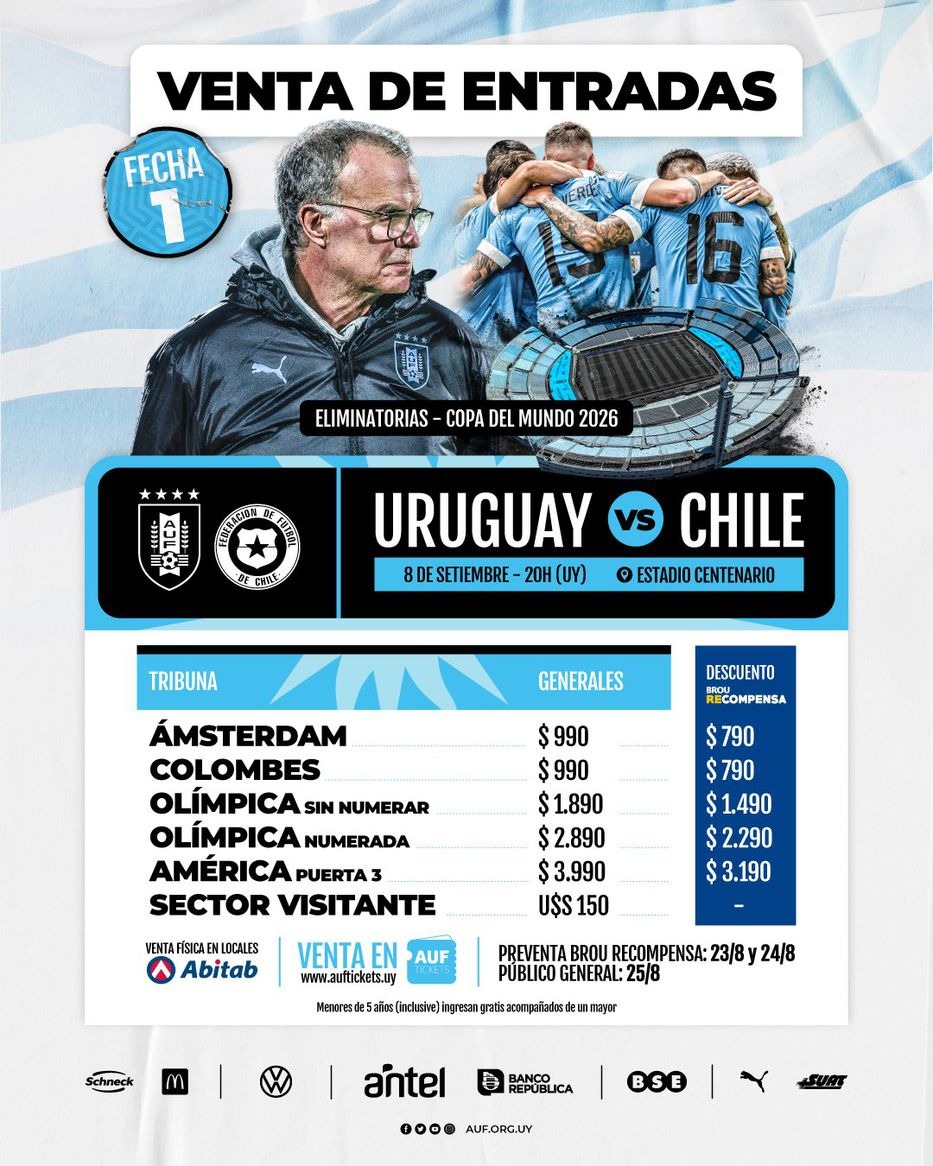 Ticketmaster Mayor Transparencia En Los Precios De Las Entradas
May 30, 2025
Ticketmaster Mayor Transparencia En Los Precios De Las Entradas
May 30, 2025 -
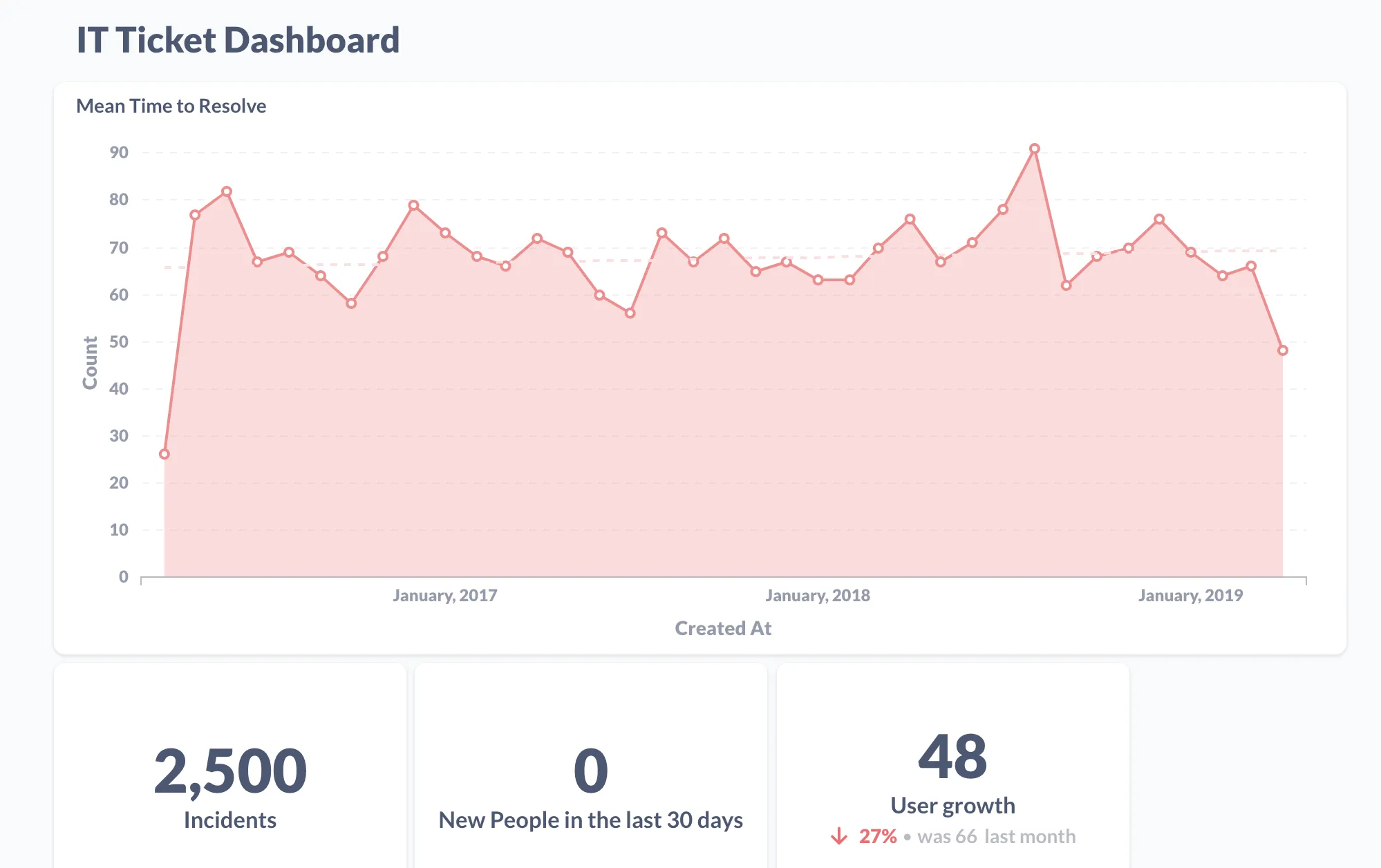 Oasis Tour Ticket Sales An Analysis Of Ticketmasters Practices And Potential Legal Violations
May 30, 2025
Oasis Tour Ticket Sales An Analysis Of Ticketmasters Practices And Potential Legal Violations
May 30, 2025 -
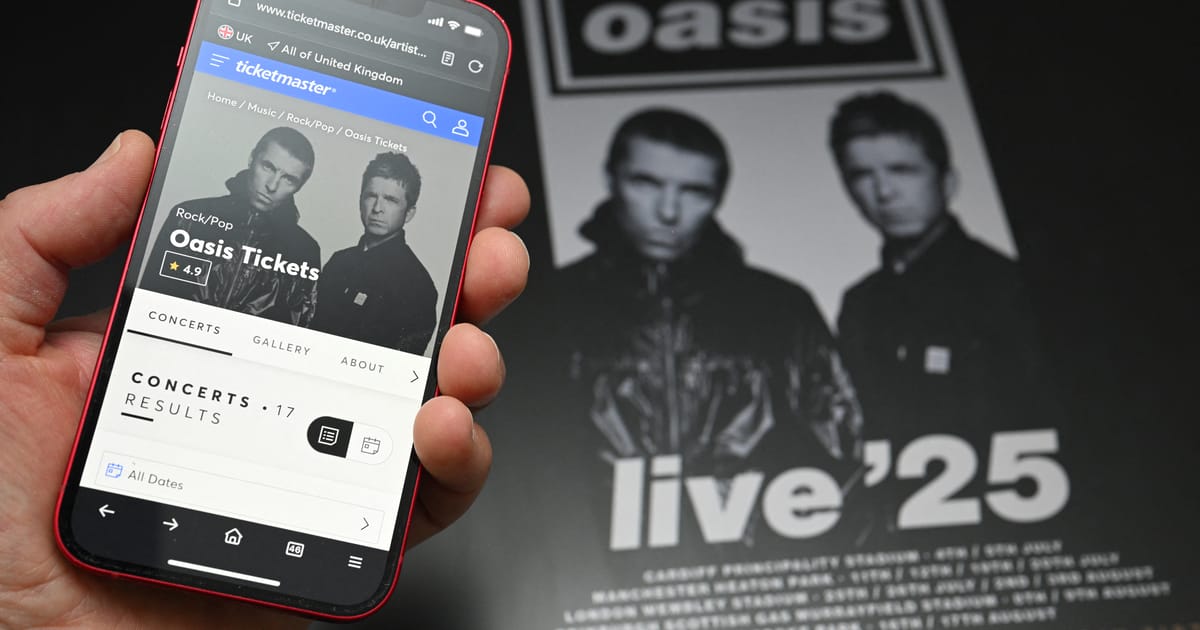 Consumer Protection Concerns Raised Over Ticketmasters Handling Of Oasis Tour Tickets
May 30, 2025
Consumer Protection Concerns Raised Over Ticketmasters Handling Of Oasis Tour Tickets
May 30, 2025 -
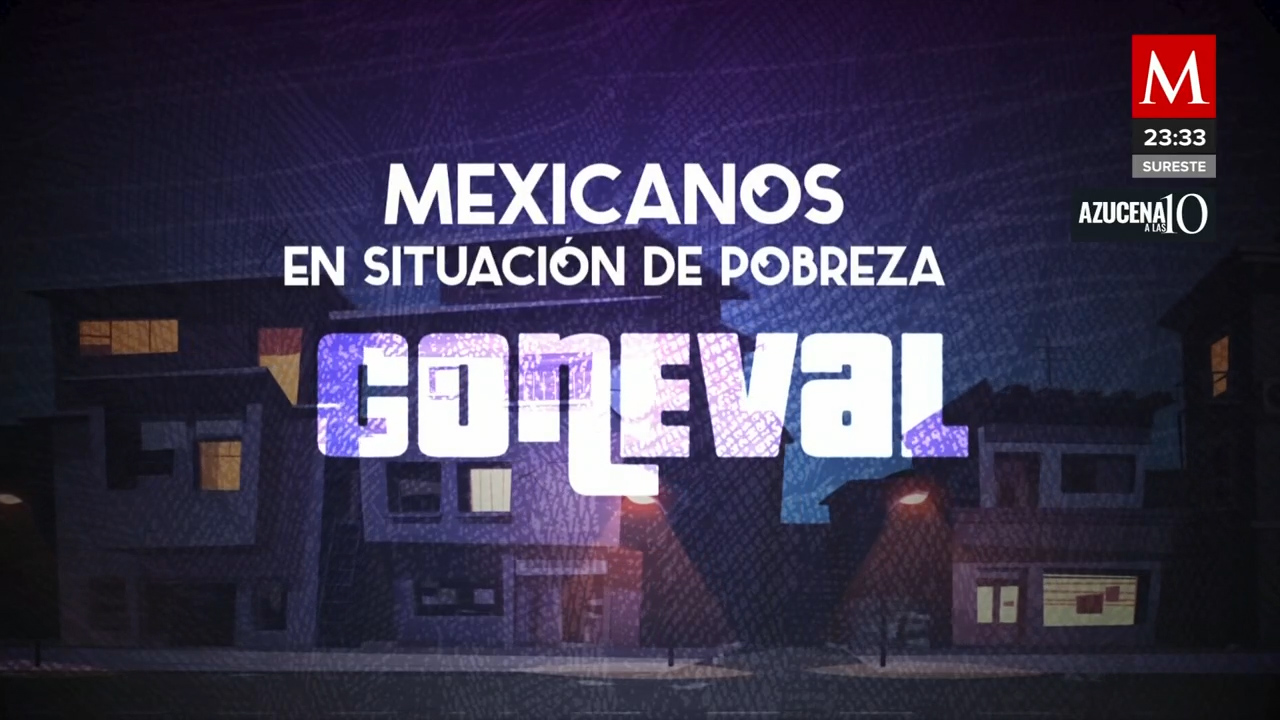 Problemas Ticketmaster Hoy 8 De Abril Grupo Milenio Reporta
May 30, 2025
Problemas Ticketmaster Hoy 8 De Abril Grupo Milenio Reporta
May 30, 2025 -
 Oasis Concert Tickets Investigating Ticketmasters Compliance With Consumer Protection Regulations
May 30, 2025
Oasis Concert Tickets Investigating Ticketmasters Compliance With Consumer Protection Regulations
May 30, 2025
